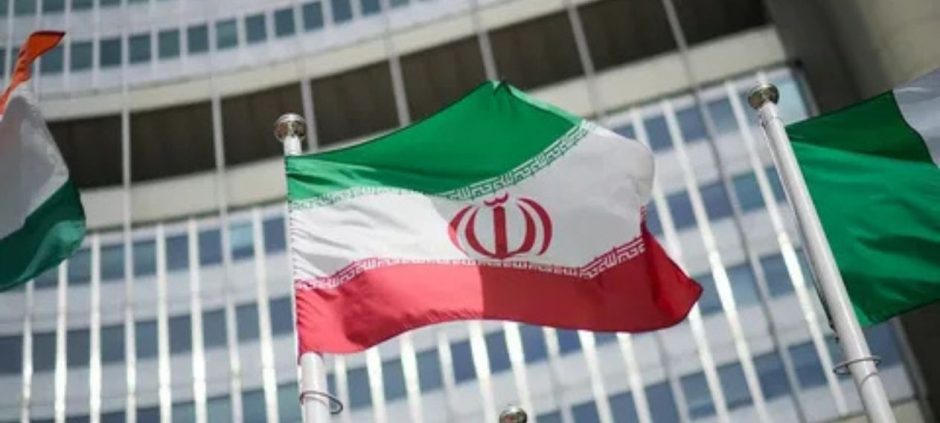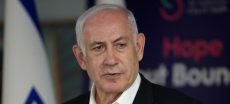Iran has officially ended its cooperation with the International Atomic Energy Agency (IAEA) after European powers triggered the reimposition of United Nations sanctions. The decision, announced on Sunday, signals a sharp escalation in Iran’s standoff with Western nations over its nuclear program. According to reports, the Iranian government accused Europe of “political manipulation” and “double standards,” following the sanctions mechanism activated under the 2015 nuclear deal, formally known as the Joint Comprehensive Plan of Action (JCPOA).
Iran Ends IAEA Cooperation: What Led To The Decision
Officials in Tehran said the move was a direct response to Europe’s “unjustified” actions that Iran claims were influenced by Washington and Tel Aviv. The government declared that IAEA inspectors would no longer have access to nuclear sites previously open for monitoring.
The announcement comes just days after reports of Israeli and U.S. strikes on Iranian nuclear facilities, intensifying Tehran’s mistrust of Western intentions.
Key developments:
- Iran suspended all voluntary transparency measures agreed under the JCPOA.
- European nations, Britain, France, and Germany, triggered the UN “snapback” mechanism.
- Iran’s foreign ministry called the sanctions “a violation of diplomatic balance.”
- The IAEA expressed concern over reduced visibility into Iran’s nuclear activities.
- The move may further complicate future talks on restoring the nuclear deal.
In a televised address, Iranian Foreign Minister Abbas Araghchi stated, “Iran cannot continue cooperation with an agency that has been turned into a political instrument. Our sovereignty and security come first.”
Global Reaction To Iran’s IAEA Withdrawal
The United States and European Union urged Iran to reverse its decision, warning that such steps could isolate the country further. The IAEA’s Director General, Rafael Grossi, said the agency was “deeply concerned” about the situation, emphasizing that continued access was “essential for global nuclear transparency.”
Analysts suggest Iran’s strategy aims to pressure the West into lifting economic sanctions and reopening diplomatic channels. However, experts warn that ending cooperation with the IAEA could make it harder for Tehran to prove its nuclear activities remain peaceful.
Iran’s decision to end IAEA cooperation marks a critical turning point in the nuclear dispute. While Tehran views the step as a defense of national sovereignty, the global community sees it as a threat to non-proliferation efforts. The coming weeks will determine whether dialogue or division shapes the next phase of Iran’s nuclear future.











